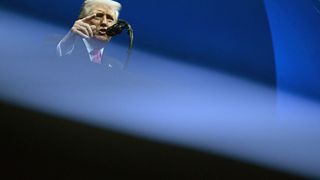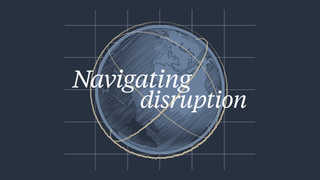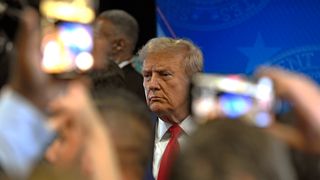With less than a month to go before the United States presidential election, the result is anybody’s guess. Until the first presidential television debate early this month the election looked like Obama’s to lose.
But Mitt Romney’s commanding performance in that debate created a surge of enthusiasm for the challenger, coupled with a feeling that Obama’s repetitive and sometimes long-winded statements had been over-rehearsed in the days of preparation he’d spent in Las Vegas before flying to Denver.
The Republicans campaign chiefs are trying not to get too excited, and are playing down the momentum. Unemployment in America has fallen again, and that should help the president. But there is no doubt that Romney – by accident or design – has timed his run at the right time.
His party has millions more dollars to spend on television and billboard advertising in the final days of the campaign than the Democrats, and he has plenty of ‘shock-jocks’ on his side, none of them witless enough to make remarks so crass as to cause Romney embarrassment.
But, as The Economist newspaper has pointed out, whatever happens on November 6 America will emerge from this election an extremely divided country. Nearly two in three whites will vote for Romney; and four out of five non-whites will votes for Obama. There is a widening ideological divide, that makes the gap between Australian Labor and the Coalition seem puny.
Whoever wins will have to confront America’s record debt levels, an increasingly unstable Middle East, the economic challenge from Asia, and problems in Latin America, ranging from drug lords in Mexico to intransigent leaders like the newly-elected Hugo Chavez in Venezuela. Plus, a feeling in the United States that the country is losing its power to win friends and influence people.
The Australian Institute of International Affairs NSW assembled a well-qualified panel to discuss the prospects for the US presidential election.







